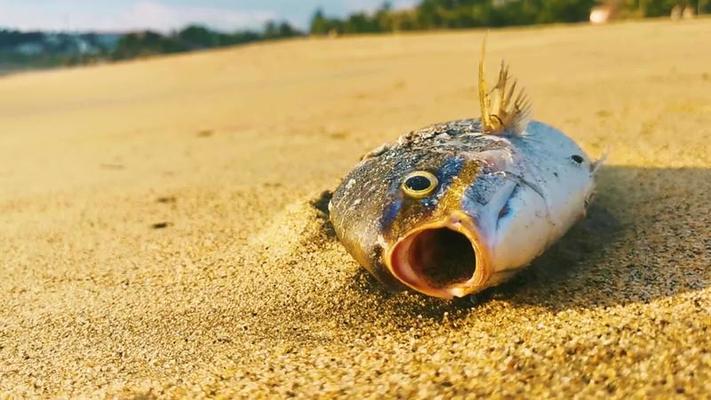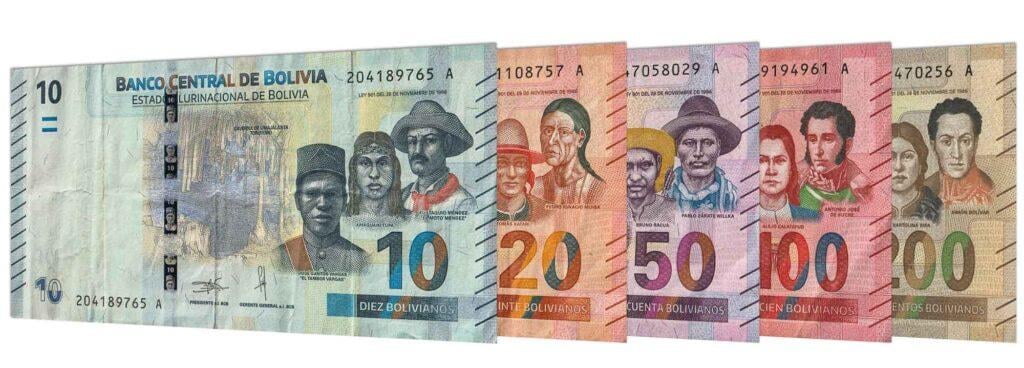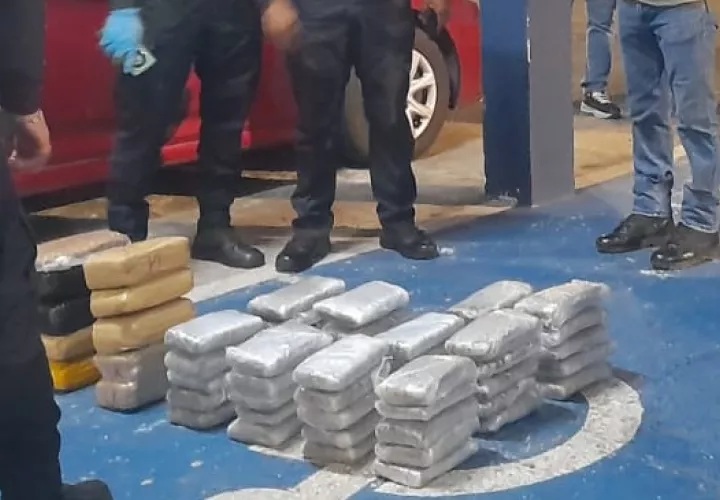Italian contractor claims pressure from Minister to donate hospital

An Italian businessman in line for a government contract to build modular prisons in Panama said he was pressured by the government to build a hospital for free.
Mauro Velocci president of the Sveremark company, was also an associate of Valter Lavítola – now a fugitive from Italian justice. The four modular prison contract included security cooperation and an agreement was signed by President Ricardo Martinelli, and the now former Italian Prime Minister, Silvio Berlusconi.
Said Martinelli last week: "This project was unsuccessful because the prisons were very expensive”, and said that he had called Giancarlo Curcio, Italian Ambassador to Panama, to inform him that "[the project ] did not interest me."
Under the original plan the prisons were to be located in Chiriqui, Veraguas, Panama and Colon, and construction was to be by be by the Svemark company, whose president is Italian Mauro Velocci, who on Thursday contacted La Prensa to explain what happened with the project.
Velocci directly accused the Minister of Government, Roxana Mendez, of pressing him in June to buy four areas together worth almost $3 million to develop the project.
"It was a risk too high to commit to the purchase of land without a formal contract … I insisted on a payment of $300,000, " said Velocci from Italy, referring to an advance of 10% of the cost of land.
Velocci said that, faced with this situation, he asked the minister what would happen if he purchased the land and for some reason the prison contract was not signed. "She asked me how I could imagine closing a deal of this magnitude without also risking $300,000," said the businessman who, according to Panama America , citing sources close to Finmeccanica, is the source of revelations of emails linking Martinelli, close associates and Lavítola.
The proposed modular prisons cost $176 million and would be completed in 20 months. The company charged $1.925 per square meter.
La Prensatried to consult the minister, and Secretary of State, Luis Eduardo Camacho, Secretary who would not comment.
Velocci revealed to La Prensa that it was he who dropped the contract, and he informed the Italian ambassador in a letter, that "to restart talks with the Government of Panama I had to donate a hospital to be built in Veraguas."
" First it was an ambulance … Then it was a hospital valued at $20 million dollars,” complained Velocci.
"Who then left the business? Me or the government? " he asked , referring to the President’s statement that the prison project was unsuccessful because it was too expensive.
On November 28, La Prensa asked about the hospital Berlusconi promised Martinelli. a model of which was unveiled at a ceremony in Santo Tomas on June 30.
"The pediatric hospital was featured on the trip to Italy in 2009 as a donation from the Government, but then I think this was changed to a personal donation of Silvio Berlusconi," Martinelli said without disclosing details.
On October 18 , the Italian newspaper II Fatto Quotidiano revealed the mysterious journey ??Martinelli made to Italy, where he met with Berlusconi and Lavítola– and called on Italy to keep its promise to build the hospital, valued at $25 million.
The work would be done by SPA Ghella Italian companies Astaldi, Enel and Impregilo, Martinelli announced.
Lavítola, was also a consultant for the Italian company Impregilo, said the Italian daily La Repubblica in its issue of October 8 t, disclosing for the first time the name of the Panamanian company Agafea Corp., whose president is Karen De Grace, said by Italian media to be romantically linked with Lavítola.
The Impregilo consortium of the Channel United Group, was awarded the canal expansion work and has also shown interest in expanding its investments in Panama in projects like the Metro and prisons.
Lavítola in communication with one of Martinelli’s asssiatant, showed interest in the appointment of the new administrator of the Panama Canal, set for next year.





